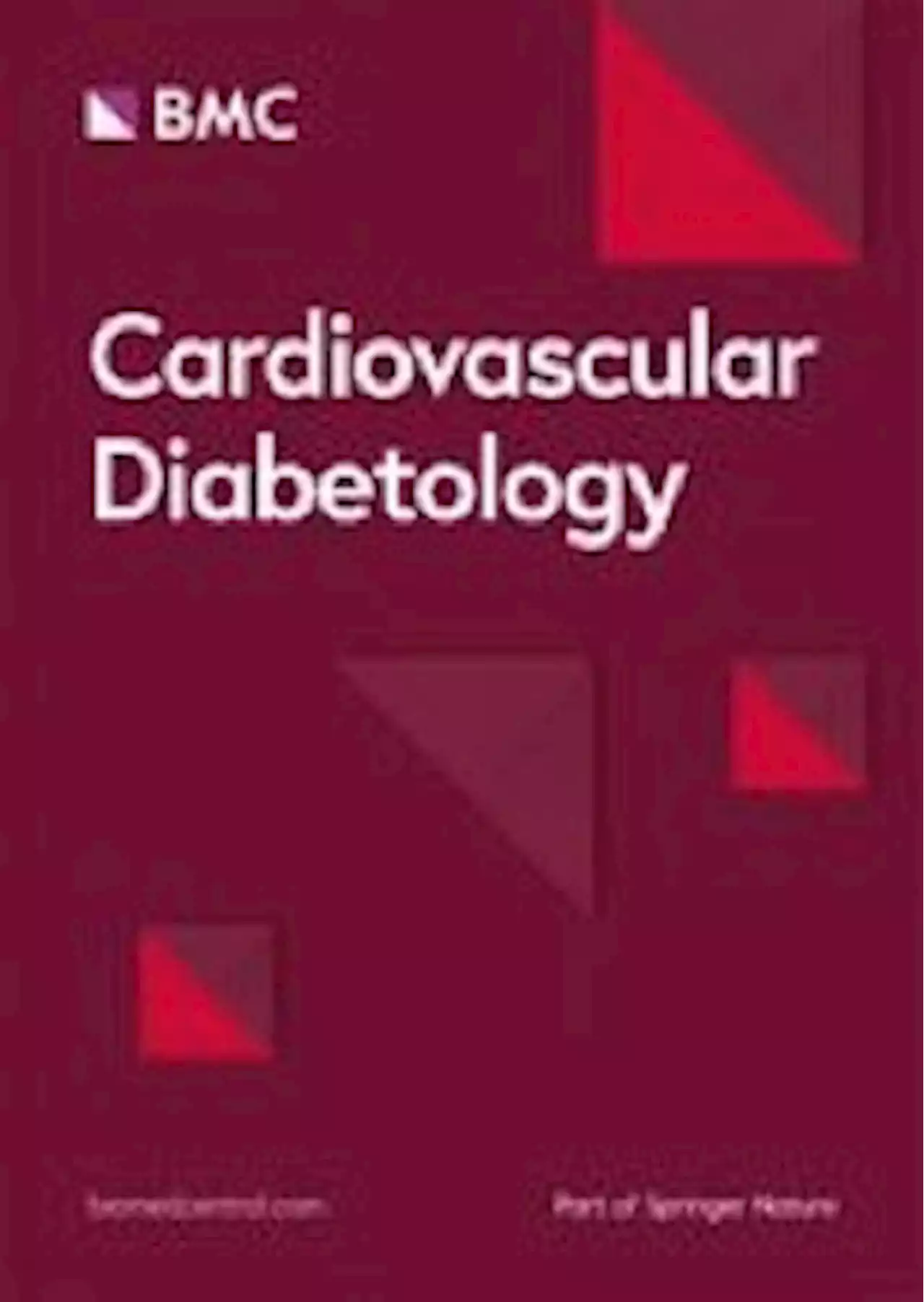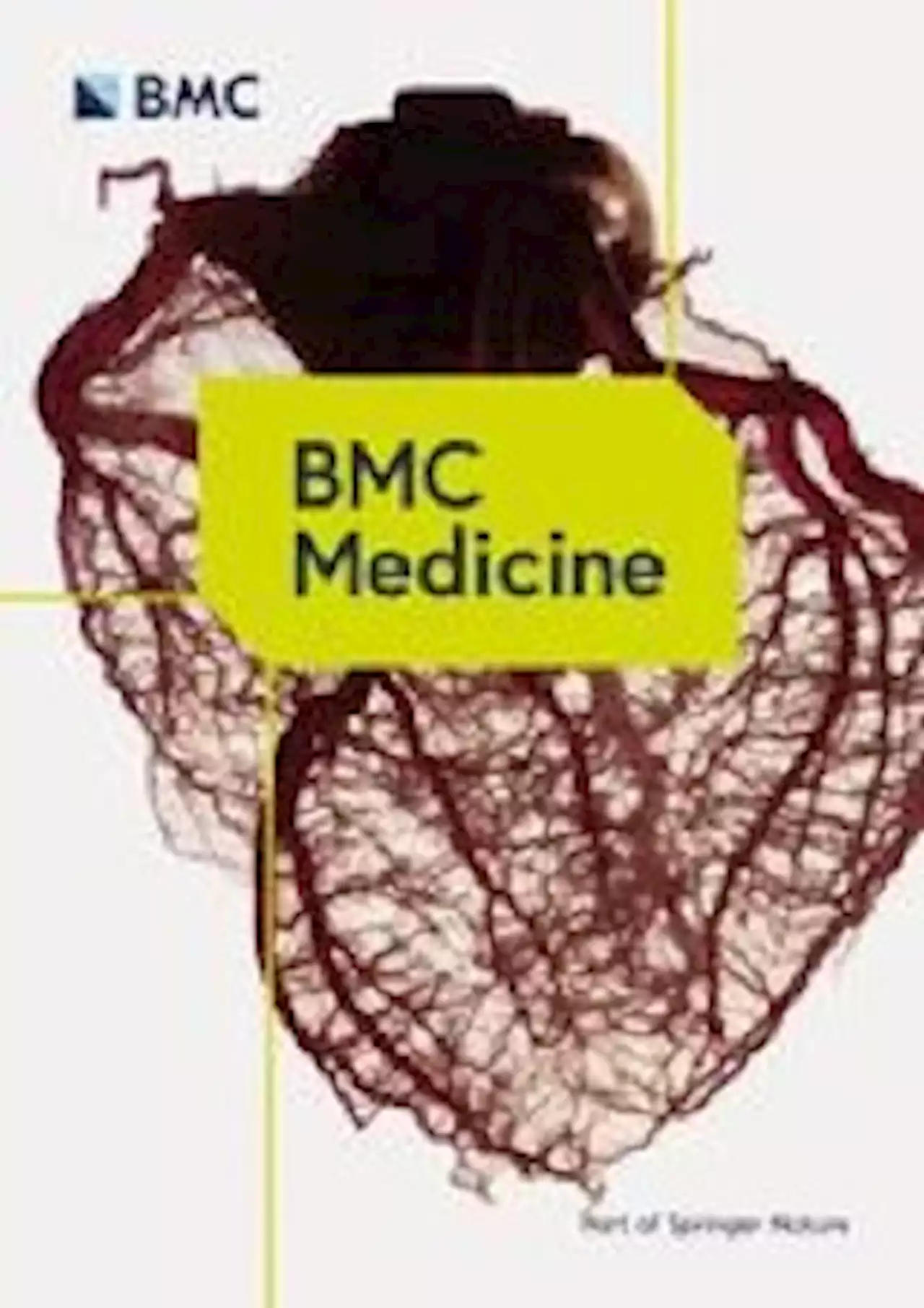‘A foretaste of the future’: July confirmed as world’s hottest month on record 🔴 elle_odwyer reports:
Carlo Buontempo, director of C35, said the recordbreaking temperatures are part of a trend of “drastic increases” in global temperatures.
He added: “The need to reduce greenhouse gas emissions is more urgent than ever before. Climate action is not a luxury but a must.”
United States Latest News, United States Headlines
Similar News:You can also read news stories similar to this one that we have collected from other news sources.
 This AI can can steal your data by listening to your keystrokes with 95% accuracyCan we ban Cherry MX Blue keyboards now?
This AI can can steal your data by listening to your keystrokes with 95% accuracyCan we ban Cherry MX Blue keyboards now?
Read more »
 Boffins convert typing sounds into text with 95% accuracyYour neighbor's clacking keys aren't just annoying - they're also exploitable
Boffins convert typing sounds into text with 95% accuracyYour neighbor's clacking keys aren't just annoying - they're also exploitable
Read more »
 Triglycerides and risk of cardiovascular events in statin-treated patients with newly diagnosed type 2 diabetes: a Danish cohort study - Cardiovascular DiabetologyBackground Elevated triglyceride levels are a clinically useful marker of remnant cholesterol. It is unknown whether triglycerides are associated with residual cardiovascular risk in CVD-naïve patients with newly diagnosed type 2 diabetes mellitus (T2DM), who are already on statin therapy. We aimed to assess the association between triglyceride levels and risk of major cardiovascular events (MACE) in statin-treated patients with newly diagnosed T2DM managed in routine clinical care. Methods This cohort study included newly diagnosed T2DM patients without a previous diagnosis of cardiovascular disease in Northern Denmark during 2005–2017. Individual triglyceride levels while on statin treatment were assessed within 1 year after T2DM diagnosis. The primary outcome was a composite of myocardial infarction, ischemic stroke, or cardiac death (MACE). Patients were followed from one year after T2DM diagnosis until 30 April 2021, MACE, emigration, or death. We used Cox regression to compute hazard ratios (HRs) controlling for confounding factors. Results Among 27,080 statin-treated patients with T2DM (median age 63 years; 53% males), triglyceride levels were | 1.0 mmol/L in 17%, 1.0–1.9 mmol/L in 52%, 2.0–2.9 mmol/L in 20%, and ≥ 3.0 mmol/L in 11%. During follow-up, 1,957 incident MACE events occurred (11.0 per 1000 person-years). Compared with triglyceride levels | 1.0 mmol/L, confounder-adjusted HRs for incident MACE were 1.14 (95% CI 1.00–1.29) for levels between 1.0 and 1.9 mmol/L, 1.30 (95% CI 1.12–1.51) for levels between 2.0 and 2.9 mmol/L, and 1.44 (95% CI 1.20–1.73) for levels ≥ 3.0 mmol/L. This association was primarily driven by higher rates of myocardial infarction and cardiac death and attenuated only slightly after additional adjustment for LDL cholesterol. Spline analyses confirmed a linearly increasing risk of MACE with higher triglyceride levels. Stratified analyses showed that the associations between triglyceride levels and MACE were stronger among women.
Triglycerides and risk of cardiovascular events in statin-treated patients with newly diagnosed type 2 diabetes: a Danish cohort study - Cardiovascular DiabetologyBackground Elevated triglyceride levels are a clinically useful marker of remnant cholesterol. It is unknown whether triglycerides are associated with residual cardiovascular risk in CVD-naïve patients with newly diagnosed type 2 diabetes mellitus (T2DM), who are already on statin therapy. We aimed to assess the association between triglyceride levels and risk of major cardiovascular events (MACE) in statin-treated patients with newly diagnosed T2DM managed in routine clinical care. Methods This cohort study included newly diagnosed T2DM patients without a previous diagnosis of cardiovascular disease in Northern Denmark during 2005–2017. Individual triglyceride levels while on statin treatment were assessed within 1 year after T2DM diagnosis. The primary outcome was a composite of myocardial infarction, ischemic stroke, or cardiac death (MACE). Patients were followed from one year after T2DM diagnosis until 30 April 2021, MACE, emigration, or death. We used Cox regression to compute hazard ratios (HRs) controlling for confounding factors. Results Among 27,080 statin-treated patients with T2DM (median age 63 years; 53% males), triglyceride levels were | 1.0 mmol/L in 17%, 1.0–1.9 mmol/L in 52%, 2.0–2.9 mmol/L in 20%, and ≥ 3.0 mmol/L in 11%. During follow-up, 1,957 incident MACE events occurred (11.0 per 1000 person-years). Compared with triglyceride levels | 1.0 mmol/L, confounder-adjusted HRs for incident MACE were 1.14 (95% CI 1.00–1.29) for levels between 1.0 and 1.9 mmol/L, 1.30 (95% CI 1.12–1.51) for levels between 2.0 and 2.9 mmol/L, and 1.44 (95% CI 1.20–1.73) for levels ≥ 3.0 mmol/L. This association was primarily driven by higher rates of myocardial infarction and cardiac death and attenuated only slightly after additional adjustment for LDL cholesterol. Spline analyses confirmed a linearly increasing risk of MACE with higher triglyceride levels. Stratified analyses showed that the associations between triglyceride levels and MACE were stronger among women.
Read more »
 Risk factors for human papillomavirus infection, cervical intraepithelial neoplasia and cervical cancer: an umbrella review and follow-up Mendelian randomisation studies - BMC MedicineBackground Persistent infection by oncogenic human papillomavirus (HPV) is necessary although not sufficient for development of cervical cancer. Behavioural, environmental, or comorbid exposures may promote or protect against malignant transformation. Randomised evidence is limited and the validity of observational studies describing these associations remains unclear. Methods In this umbrella review, we searched electronic databases to identify meta-analyses of observational studies that evaluated risk or protective factors and the incidence of HPV infection, cervical intra-epithelial neoplasia (CIN), cervical cancer incidence and mortality. Following re-analysis, evidence was classified and graded based on a pre-defined set of statistical criteria. Quality was assessed with AMSTAR-2. For all associations graded as weak evidence or above, with available genetic instruments, we also performed Mendelian randomisation to examine the potential causal effect of modifiable exposures with risk of cervical cancer. The protocol for this study was registered on PROSPERO (CRD42020189995). Results We included 171 meta-analyses of different exposure contrasts from 50 studies. Systemic immunosuppression including HIV infection (RR = 2.20 (95% CI = 1.89–2.54)) and immunosuppressive medications for inflammatory bowel disease (RR = 1.33 (95% CI = 1.27–1.39)), as well as an altered vaginal microbiome (RR = 1.59 (95% CI = 1.40–1.81)), were supported by strong and highly suggestive evidence for an association with HPV persistence, CIN or cervical cancer. Smoking, number of sexual partners and young age at first pregnancy were supported by highly suggestive evidence and confirmed by Mendelian randomisation. Conclusions Our main analysis supported the association of systemic (HIV infection, immunosuppressive medications) and local immunosuppression (altered vaginal microbiota) with increased risk for worse HPV and cervical disease outcomes. Mendelian randomisation confirmed the link for
Risk factors for human papillomavirus infection, cervical intraepithelial neoplasia and cervical cancer: an umbrella review and follow-up Mendelian randomisation studies - BMC MedicineBackground Persistent infection by oncogenic human papillomavirus (HPV) is necessary although not sufficient for development of cervical cancer. Behavioural, environmental, or comorbid exposures may promote or protect against malignant transformation. Randomised evidence is limited and the validity of observational studies describing these associations remains unclear. Methods In this umbrella review, we searched electronic databases to identify meta-analyses of observational studies that evaluated risk or protective factors and the incidence of HPV infection, cervical intra-epithelial neoplasia (CIN), cervical cancer incidence and mortality. Following re-analysis, evidence was classified and graded based on a pre-defined set of statistical criteria. Quality was assessed with AMSTAR-2. For all associations graded as weak evidence or above, with available genetic instruments, we also performed Mendelian randomisation to examine the potential causal effect of modifiable exposures with risk of cervical cancer. The protocol for this study was registered on PROSPERO (CRD42020189995). Results We included 171 meta-analyses of different exposure contrasts from 50 studies. Systemic immunosuppression including HIV infection (RR = 2.20 (95% CI = 1.89–2.54)) and immunosuppressive medications for inflammatory bowel disease (RR = 1.33 (95% CI = 1.27–1.39)), as well as an altered vaginal microbiome (RR = 1.59 (95% CI = 1.40–1.81)), were supported by strong and highly suggestive evidence for an association with HPV persistence, CIN or cervical cancer. Smoking, number of sexual partners and young age at first pregnancy were supported by highly suggestive evidence and confirmed by Mendelian randomisation. Conclusions Our main analysis supported the association of systemic (HIV infection, immunosuppressive medications) and local immunosuppression (altered vaginal microbiota) with increased risk for worse HPV and cervical disease outcomes. Mendelian randomisation confirmed the link for
Read more »
 Risk of hip fracture in meat-eaters, pescatarians, and vegetarians: a prospective cohort study of 413,914 UK Biobank participants - BMC MedicineBackground Meat-free diets may be associated with a higher risk of hip fracture, but prospective evidence is limited. We aimed to investigate the risk of hip fracture in occasional meat-eaters, pescatarians, and vegetarians compared to regular meat-eaters in the UK Biobank, and to explore the role of potential mediators of any observed risk differences. Methods Middle-aged UK adults were classified as regular meat-eaters (n = 258,765), occasional meat-eaters (n = 137,954), pescatarians (n = 9557), or vegetarians (n = 7638) based on dietary and lifestyle information at recruitment (2006–2010). Incident hip fractures were identified by record linkage to Hospital Episode Statistics up to September 2021. Multivariable Cox regression models were used to estimate associations between each diet group and hip fracture risk, with regular meat-eaters as the reference group, over a median follow-up time of 12.5 years. Results Among 413,914 women, 3503 hip fractures were observed. After adjustment for confounders, vegetarians (HR (95% CI): 1.50 (1.18, 1.91)) but not occasional meat-eaters (0.99 (0.93, 1.07)) or pescatarians (1.08 (0.86, 1.35)) had a greater risk of hip fracture than regular meat-eaters. This is equivalent to an adjusted absolute risk difference of 3.2 (1.2, 5.8) more hip fractures per 1000 people over 10 years in vegetarians. There was limited evidence of effect modification by BMI on hip fracture risk across diet groups (pinteraction = 0.08), and no clear evidence of effect modification by age or sex (pinteraction = 0.9 and 0.3, respectively). Mediation analyses suggest that BMI explained 28% of the observed risk difference between vegetarians and regular meat-eaters (95% CI: 1.1%, 69.8%). Discussion Vegetarian men and women had a higher risk of hip fracture than regular meat-eaters, and this was partly explained by their lower BMI. Ensuring adequate nutrient intake and weight management are therefore particularly important in vegetarians in the context of hip
Risk of hip fracture in meat-eaters, pescatarians, and vegetarians: a prospective cohort study of 413,914 UK Biobank participants - BMC MedicineBackground Meat-free diets may be associated with a higher risk of hip fracture, but prospective evidence is limited. We aimed to investigate the risk of hip fracture in occasional meat-eaters, pescatarians, and vegetarians compared to regular meat-eaters in the UK Biobank, and to explore the role of potential mediators of any observed risk differences. Methods Middle-aged UK adults were classified as regular meat-eaters (n = 258,765), occasional meat-eaters (n = 137,954), pescatarians (n = 9557), or vegetarians (n = 7638) based on dietary and lifestyle information at recruitment (2006–2010). Incident hip fractures were identified by record linkage to Hospital Episode Statistics up to September 2021. Multivariable Cox regression models were used to estimate associations between each diet group and hip fracture risk, with regular meat-eaters as the reference group, over a median follow-up time of 12.5 years. Results Among 413,914 women, 3503 hip fractures were observed. After adjustment for confounders, vegetarians (HR (95% CI): 1.50 (1.18, 1.91)) but not occasional meat-eaters (0.99 (0.93, 1.07)) or pescatarians (1.08 (0.86, 1.35)) had a greater risk of hip fracture than regular meat-eaters. This is equivalent to an adjusted absolute risk difference of 3.2 (1.2, 5.8) more hip fractures per 1000 people over 10 years in vegetarians. There was limited evidence of effect modification by BMI on hip fracture risk across diet groups (pinteraction = 0.08), and no clear evidence of effect modification by age or sex (pinteraction = 0.9 and 0.3, respectively). Mediation analyses suggest that BMI explained 28% of the observed risk difference between vegetarians and regular meat-eaters (95% CI: 1.1%, 69.8%). Discussion Vegetarian men and women had a higher risk of hip fracture than regular meat-eaters, and this was partly explained by their lower BMI. Ensuring adequate nutrient intake and weight management are therefore particularly important in vegetarians in the context of hip
Read more »
 Lancashire set for hottest day in a month after wettest July on recordThe Met Office weather forecast for the week ahead shows temperatures rising and sunnier conditions
Lancashire set for hottest day in a month after wettest July on recordThe Met Office weather forecast for the week ahead shows temperatures rising and sunnier conditions
Read more »
